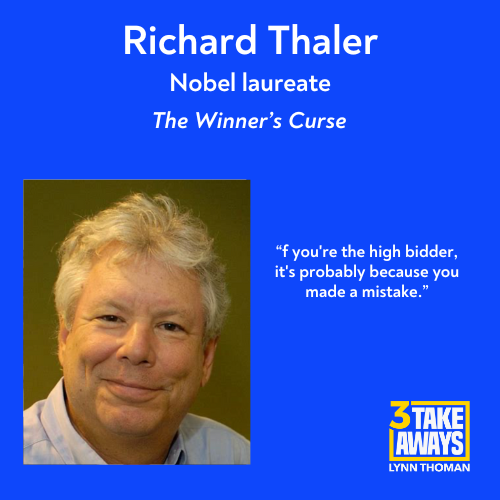
The Winner’s Curse: Why “Winning” Often Means You Just Lost with Nobel Laureate Richard Thaler
We all love the thrill of winning - the house, the promotion, the deal. But as Nobel laureate Richard Thaler explains, some of our biggest “wins” are actually the moments we set ourselves up to lose. Thaler breaks down why we overbid, overpay, and talk ourselves into choices we regret. And he shares simple tricks to help you catch yourself before you make a mistake you can’t undo.
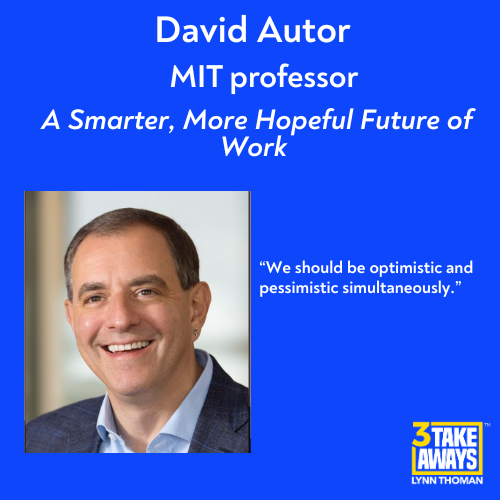
A Smarter, More Hopeful Future of Work - If We Get AI Right
Elon Musk and Geoffrey Hinton warn of an AI-driven job apocalypse.
MIT’s David Autor, one of the world’s leading thinkers on how technology reshapes work, says the real danger lies somewhere else.
The biggest risk of AI isn’t mass unemployment - it’s whether human skills and expertise will still matter.
David explains how AI could expand middle-class opportunity by lowering barriers to high-value work, why past technologies created more new jobs than they destroyed, and what we need to get right to make this moment a hopeful one.
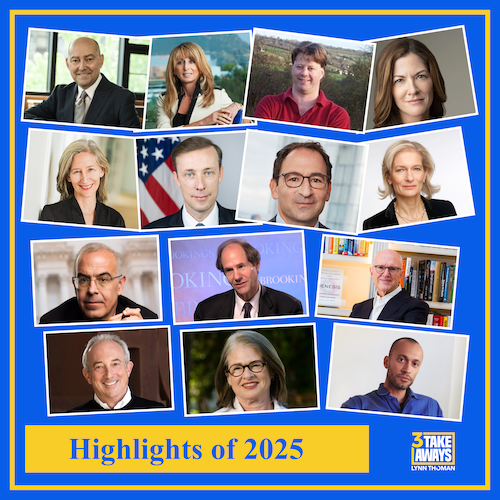
Highlights of 2025
Some insights change how you see the world.
From the White House to the frontiers of AI drug discovery, we’ve gathered the most powerful moments from a year of extraordinary conversations.
This 2025 highlights episode brings you the thinkers and leaders who challenged assumptions, revealed hidden patterns, and reframed the biggest questions of our time.

Your Brain, For Sale: The Hidden Ways AI Can Manipulate You with Cass Sunstein
AI doesn’t just predict our behavior — it can shape it.
Cass Sunstein, Harvard professor and co-author of Nudge, reveals how artificial intelligence uses classic tools of manipulation — from scarcity and social proof to fear and pleasure — to steer what we buy, believe, and even feel.
Its influence is so seamless, we may not even notice it.
The battle for the future isn’t for our data — it’s for our minds.
In a world this personalized, how do we keep control of our own minds?.

Our Dollar, Your Problem: How U.S. Power Shapes — and Shakes — the World
The dollar has been one of America’s most powerful weapons and a major source of global influence, in ways few fully realize. It doesn’t just shape trade and finance; it also gives the U.S. a unique window into the world’s financial flows.
But what if that power is beginning to slip? Harvard’s Ken Rogoff examines the mounting pressures that could threaten the dollar’s supremacy — and reveals how a cornerstone of U.S. power could also become its Achilles’ heel.

AI Will Transform the World—But Who Decides How?
Artificial intelligence isn’t just another invention — it may be humanity’s first non-biological species. Craig Mundie, former Microsoft Chief Research and Strategy Officer and co-author of Genesis with Henry Kissinger and Eric Schmidt, explores what happens as AI begins to make decisions once made by humans.
Who decides what AI should do? Who makes it obey? And what if it doesn’t?
The stakes? Nothing less than the future of human civilization.

Why 199 of 200 Projects Fail: The Iron Law That Dooms Even the Smartest Ideas
What do kitchen renovations, Olympic Games, and nuclear power plants have in common? Most of them fail — spectacularly. World-renowned expert Bent Flyvbjerg explains why 199 out of 200 big projects go over budget, over time, and under expectations — and what the rare successful ones do differently. From Pixar films to the Empire State Building, learn the principles that separate disasters from triumphs.
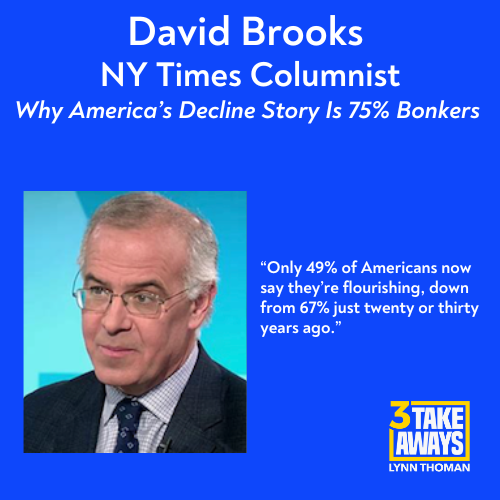
David Brooks: Why America’s Decline Story Is 75% Bonkers
Populists on the right and left say globalization gutted America’s middle class. David Brooks says that story is “75% bonkers.” In this episode, he reveals what’s myth, what’s true, and the deeper crisis shaping our politics today.
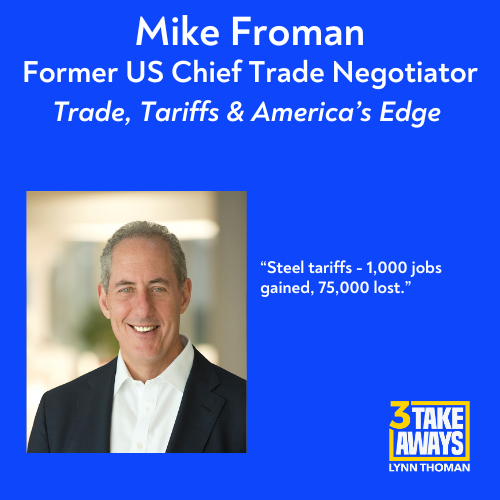
America’s Edge: More Barriers or More Innovation?
Every country wants strong industries and good jobs. But do tariffs actually deliver?
Few people have been closer to the frontlines of global trade, tariffs, and innovation than America’s former chief trade negotiator Mike Froman. He takes us inside the myths, the hidden costs, and the bigger choices ahead. The question: what will truly define America’s edge in the global economy?
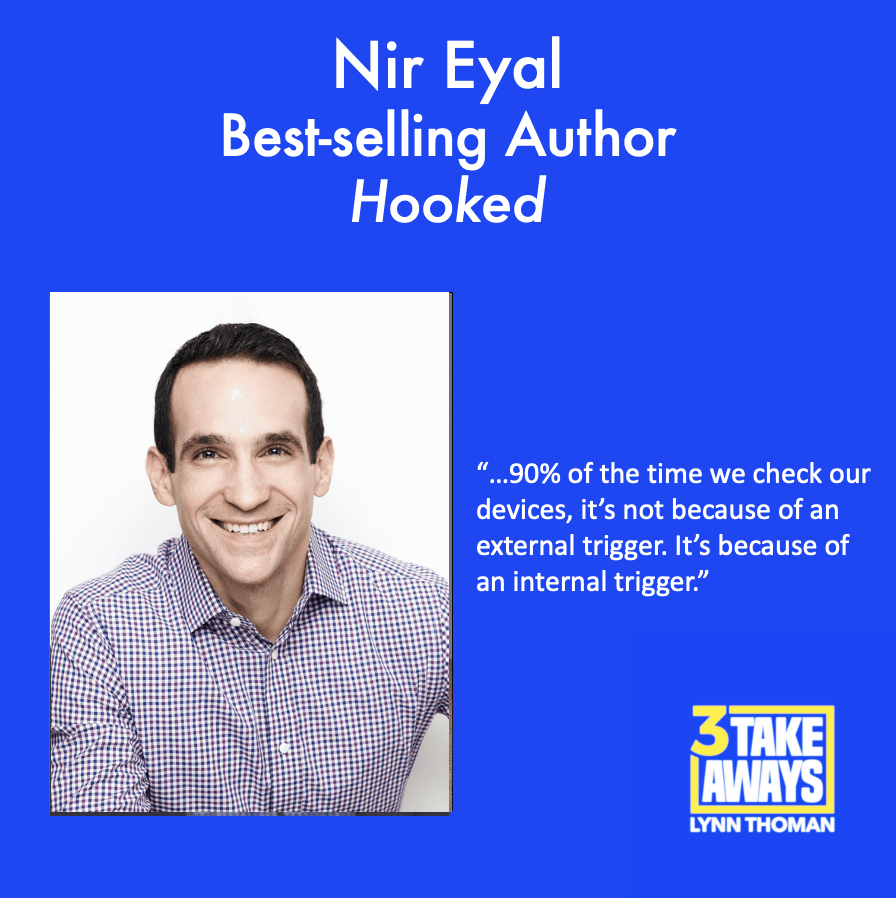
Inside the Hook Model: Secrets Companies Use to Keep You Scrolling and How to Break Free
Variable rewards once powered slot machines; now they’re inside your pocket. Behavior-design expert Nir Eyal shows how modern apps turned casino psychology into daily routine. He unpacks the psychological levers hidden in everyday products.
Hear the science and the clever design tricks that turn a few minutes into far more time than you intended.
If knowledge is power, this episode hands you the switch.
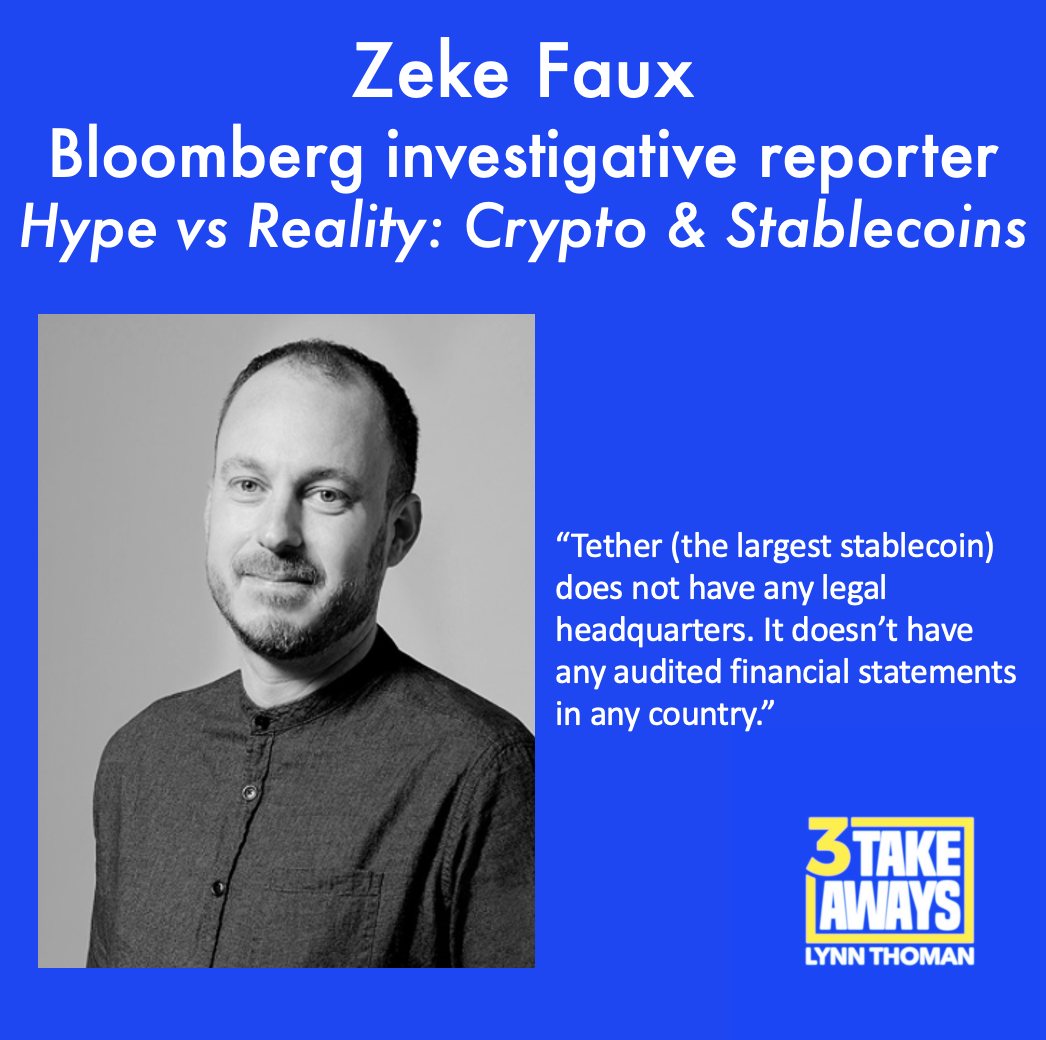
Hype vs. Reality: Crypto and Stablecoins
Crypto runs on stablecoins — and they’re far less stable than they sound. Award-winning Bloomberg investigative journalist Zeke Faux followed the money behind the scenes.
What he uncovered will change the way you see digital money — and the trust it’s built on.
Listen to understand the hidden forces shaping the future of money.
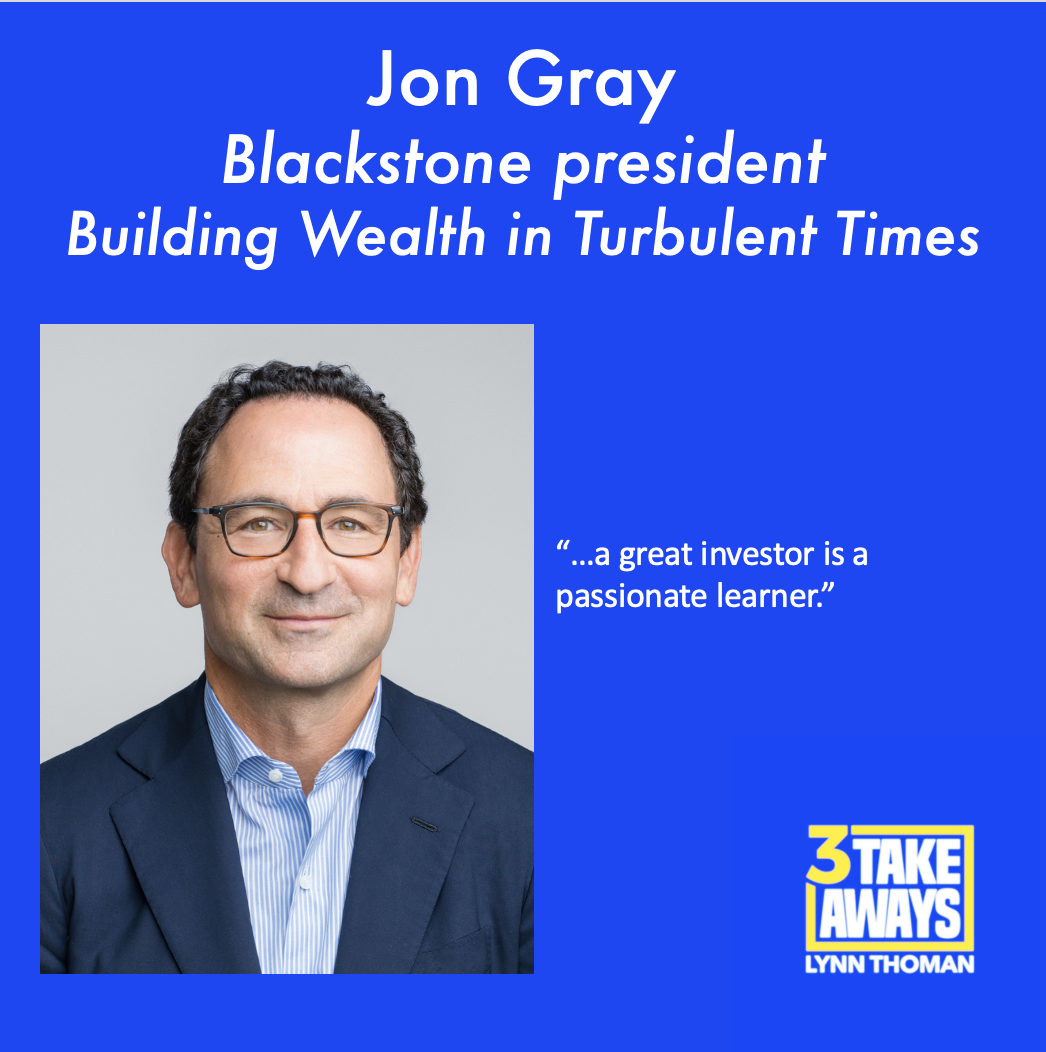
The Long Game: How to Build Wealth in Turbulent Times with Blackstone President Jon Gray
How do the savviest investors navigate today’s uncertainty? Jon Gray, President of Blackstone, one of the world’s most successful asset management firms, shares the timeless principles that helped grow the firm from under $1B to over $1T in assets.
He reveals how to spot great businesses, invest with conviction, and think decades ahead. This episode is a masterclass in building lasting wealth—especially in turbulent and uncertain times.
This is a rare window into the mindset of someone who’s helped shape a trillion-dollar investing firm.
Whether you’re new to investing or a seasoned pro, this conversation will sharpen how you think.

Why America’s Poorest State Is Richer Than France
Mississippi is richer than France. No, really. The poorest U.S. state now has a higher GDP per person than France, the U.K., Italy, and Spain. How did that happen? Don’t miss this eye-opening episode with George Mason University's Tyler Cowen.

Don’t Believe the Doom: American Workers Are Moving Up
Is today's economy delivering for American workers? According to Georgetown University professor Michael Strain, the answer is absolutely “yes,” despite populist rhetoric… and there’s convincing data to back that up. Why is the American Dream in doubt? How can it be strengthened? Listen to this inspiring conversation for answers.
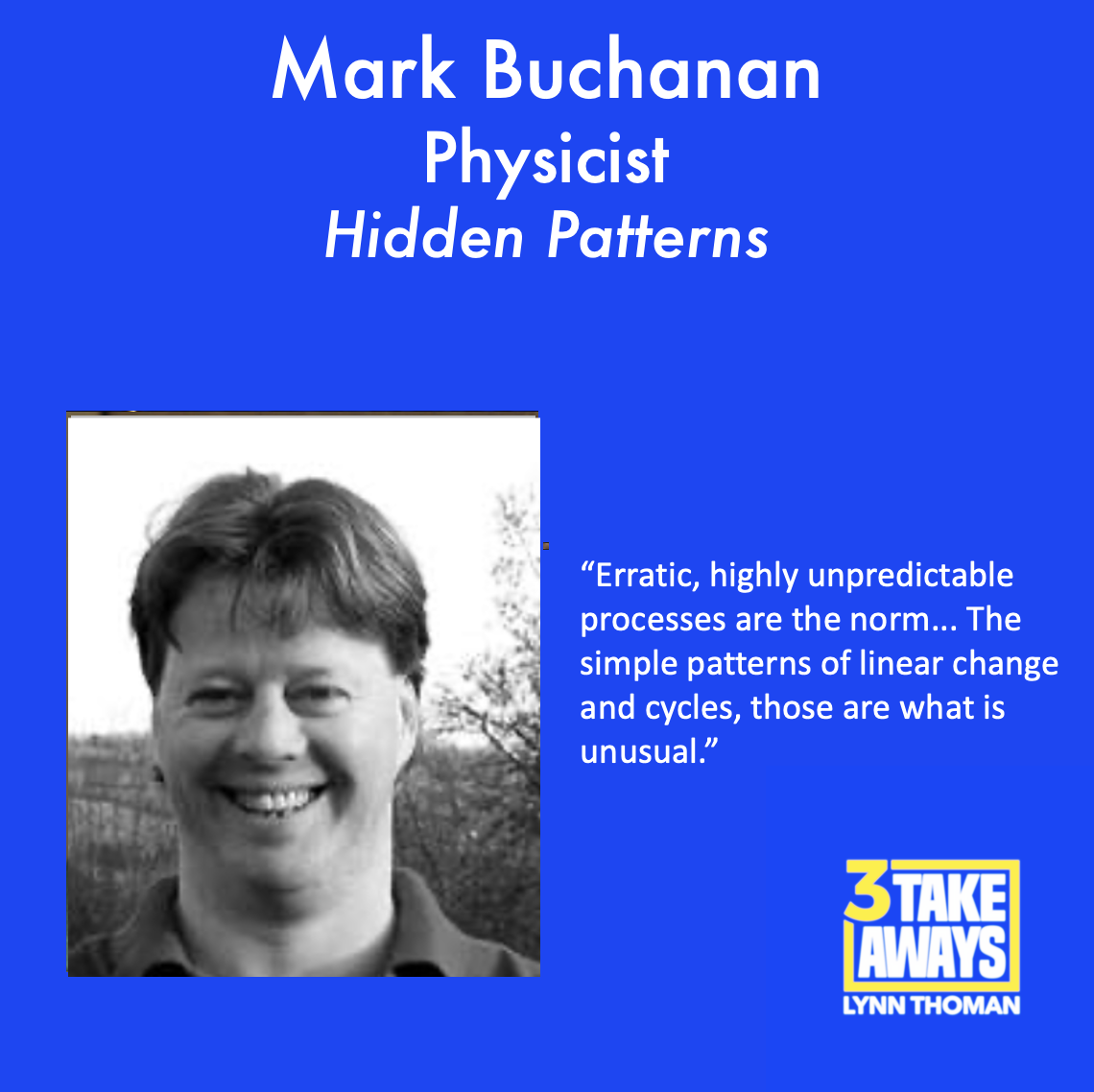
The Hidden Pattern in Fires, Earthquakes, Stock Market Crashes, and Even Wars
Catastrophes seem to be the new normal. There’s a stunning new scientific belief that although catastrophes are unpredictable, there’s a hidden pattern that explains them all. In other words, fires, avalanches, wars and even stock market crashes aren’t a glitch in the system, they are the system itself. Listen as noted physicist Mark Buchanan reveals more.
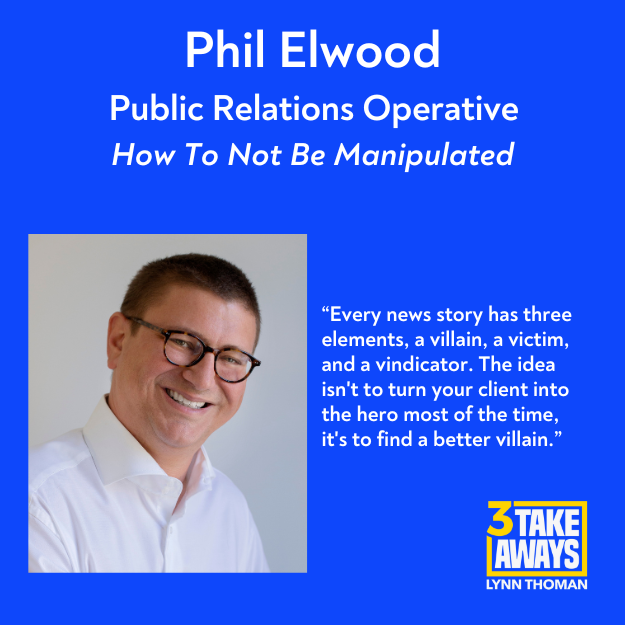
How to Not be Manipulated: A Clever, Crafty PR Exec Reveals Tricks of His Trade
Warning: People are out to manipulate you. How? With very sophisticated, deceptive PR techniques. Here, one of Washington’s most wily manipulators of news, Phil Elwood, reveals tricks of his trade — like astroturfing and detonating bombs in a safe location. The more you know about these tricks, the less likely you’ll be conned by them.
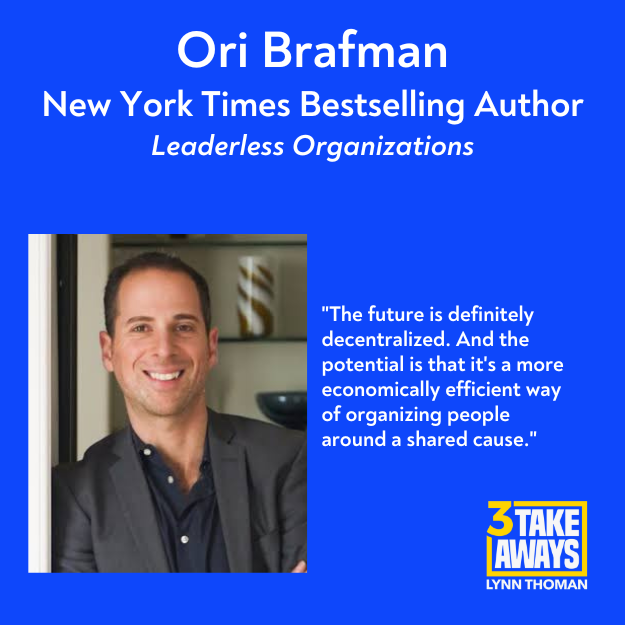
The Power of Leaderless Organizations: How Decentralized Groups are Changing the World
What happens when there’s no one in charge? You’d think chaos would reign—but in reality, leaderless organizations are thriving, disrupting industries, and shaping the future. In this episode of 3 Takeaways, New York Times bestselling author Ori Brafman explains why decentralized networks—from Wikipedia to Bitcoin to social movements—are more resilient, adaptable, and powerful than we might expect.

Whole Foods CEO on The Future of Food: More Than Taste
Food. People are demanding more from it these days than taste. They want food to meet their personal health needs. They want it produced using methods that improve the health of the planet, respect the people who grow it, and more. Here, the visionary CEO of Whole Foods Market, Jason Buechel, shares his thoughts on the food of the future and how to satisfy peoples’ appetite for it.

NBCUniversal Vice Chair Bonnie Hammer: Life Lessons for Getting Ahead
NBCUniversal Vice-Chair Bonnie Hammer didn’t climb to the top by following the rules—she rewrote them. In this conversation, she dismantles the biggest career myths, reveals what really drives success, and shares why sweating the small stuff can make or break you. Packed with no-nonsense advice, game-changing insights, and hard-earned wisdom, this episode is a masterclass in ambition, leadership, and career strategy—without the clichés.

Former Secretary of Energy Ernest Moniz: Tackling Global Warming and Energy Solutions
Energy is complicated. As global demand continues to grow, so does the need for realistic, climate-friendly solutions. Are renewables the answer? How about nuclear power? What is China’s role? Listen, as former Energy Secretary Ernest Moniz provides smart answers to daunting questions about energy, and examines the threat of nuclear war.
